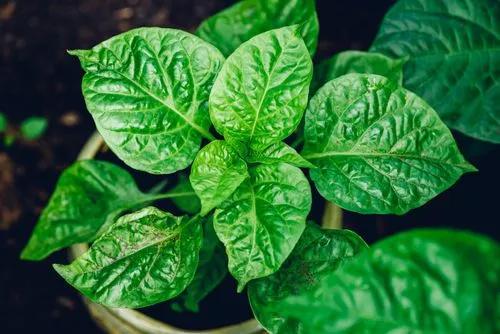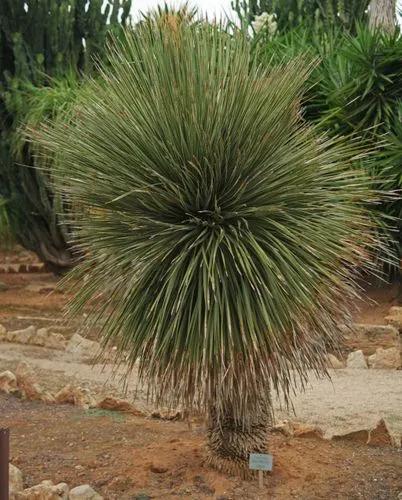Plinia cauliflora, the Brazilian grapetree, jaboticaba or jabuticaba, is a tree in the family Myrtaceae, native to Minas Gerais, Goiás and São Paulo states in Brazil. Related species in the genus Myrciaria, often referred to by the same common names, are native to Brazil, Argentina, Paraguay, Peru and Bolivia.The tree is known for its purplish-black, white-pulped fruits which grow directly on the trunk; they can be eaten raw or be used to make jellies, jams, juice or wine. The tree is a slow-growing evergreen that can reach a height of 15 meters if not pruned. The leaves are salmon-pink when young, turning green as they mature. The tree prefers moist, rich, lightly acidic soil. It is widely adaptable, however, and grows satisfactorily even on alkaline beach-sand type soils, so long as it is tended and irrigated. Its flowers are white and grow directly from its trunk in a cauliflorous habit.In its native habitat Jaboticabas may flower and fruit 5-6 times throughout the year. Jabuticaba are tropical to subtropical plants and can tolerate mild, brief frosts, not below 26°F (-3°C). The tree has a compact, fibrous root system, that makes it suitable for growing in pots or transplanting.
Jabuticabeira Hibrida Care
Jabuticabeira Hibrida Seedlings



What is the plant
How to Care for the Plant

Pruning

Pruning is not necessary.

Fertilizer

In each pit, add 2 kg of organic compost, tanned manure or earthworm humus and mix with the soil

Popularity

625 people already have this plant 60 people have added this plant to their wishlists
Ease your plant care routine with PlantIn's personalized system.
What's wrong with your plant?
Related Plants
Discover more plants with the list below
Popular articles






